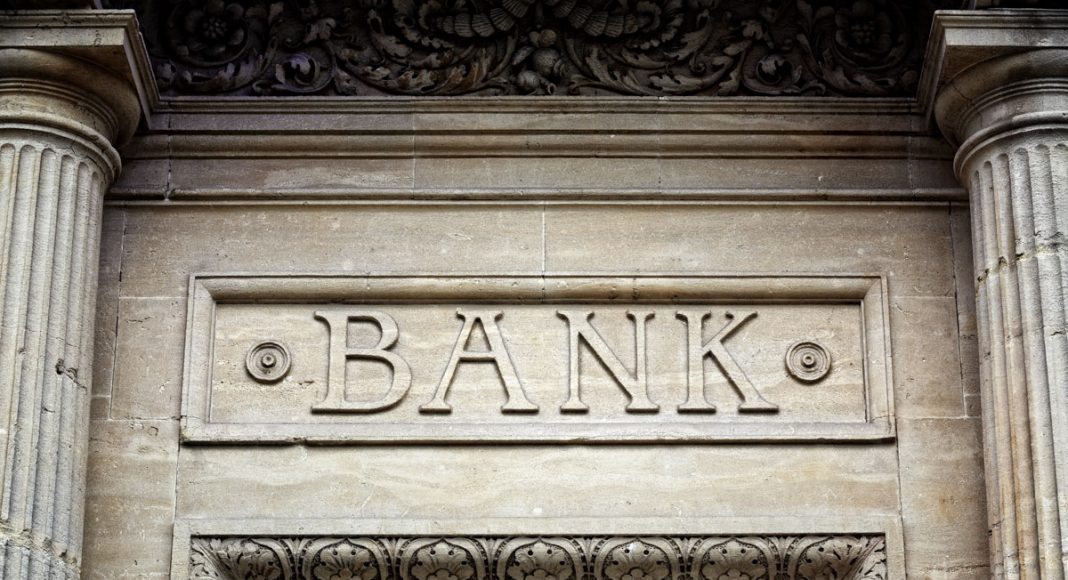Cannabis industry businesses and professionals face more challenges—due to legal restrictions and drug stigmas—than seen in any other marketplace in the United States. For a majority of Americans, the newly established marijuana industry is viewed simply as a hodge-podge of hippies and stoners looking to make a living whilst avoiding hard work and responsibility. At best, the cannabis space is seen as a modern day manifestation of 1920’s era bootleggers or 1980’s era “cocaine cowboys” where youthful, risk-taking outlaws make piles of cash while evading the standard trials and tribulations of the “real business world.” However, cannabis industry start-ups face all the trials seen in normal, mainstream business models plus the numerous trials intrinsic in a business environ that defies federal law.
-
Related Story: Here’s How Banks Are Screwing Marijuana Consumers Every Day
One of the largest challenges that cannabis industry start-ups face has to do with banking and financing—as most banks avoid the industry due to federal stances on cannabis commerce. This largely because, banks cannot insure, on a federal level, funds or loans that are related to cannabis money (http://www.latimes.com/business/la-fi-public-bank-marijuana-20170727-htmlstory.html). Moreover, the more conspiratorially minded cannabis entrepreneurs feel that this regulated baking infrastructure only allows room for deep-pocketed, big businesses to succeed—as small businesses cannot take loans to finance their start-up phases. In a similar vein, these same small businesses have no place to protect their liquid assets, as they are forced to conduct all of their business in cash (http://www.latimes.com/business/la-fi-public-bank-marijuana-20170727-htmlstory.html).
As the state of California begins to flesh-out the challenges of their newly adopted recreational marijuana program (set to launch in 2018), they are proactively figuring out ways for cannabis industry start-ups to deal with federal banking issues (http://www.latimes.com/business/la-fi-public-bank-marijuana-20170727-htmlstory.html). To this end, Herb Wesson, whom serves as L.A. City Council President, has discussed the possibility of Los Angeles starting a public bank to handle cannabis business accounts. The benefits of state-run public banking in relationship to the cannabis industry are twofold: avoidance of federal regulation and control of tax revenue (http://www.latimes.com/business/la-fi-public-bank-marijuana-20170727-htmlstory.html). This is not to say that state-mandated public banks can wholly avoid the interference of the federal government when it comes to cannabis economics—but they can simply operate without anxieties concerning federal bank insurance (http://www.latimes.com/business/la-fi-public-bank-marijuana-20170727-htmlstory.html).
For small cannabis business and government entities alike in California, the promise of a functioning banking system surrounding marijuana commerce holds a great deal of potential. This is largely because, a state run bank allows California to have more control over its tax revenue—with tax monies being dived out to state programs as well as in the form of cannabis business loans (http://www.latimes.com/business/la-fi-public-bank-marijuana-20170727-htmlstory.html). For Californians, this means that a majority of cannabis taxes will remain within the state, going towards much needed government projects within schools and roads. Moreover, cannabis business can procure loans as well as protect their liquid assets within a bank.
The idea of a public, cannabis oriented banking system in California is not without its potential pitfalls and as well as criticisms (http://www.latimes.com/business/la-fi-public-bank-marijuana-20170727-htmlstory.html). These concerns arise mainly out of an inter-dependence of banking institutions on the Federal Reserve, whom can easily cripple California’s efforts by removing a public bank’s ability to transact with other financial bodies (http://www.latimes.com/business/la-fi-public-bank-marijuana-20170727-htmlstory.html).


